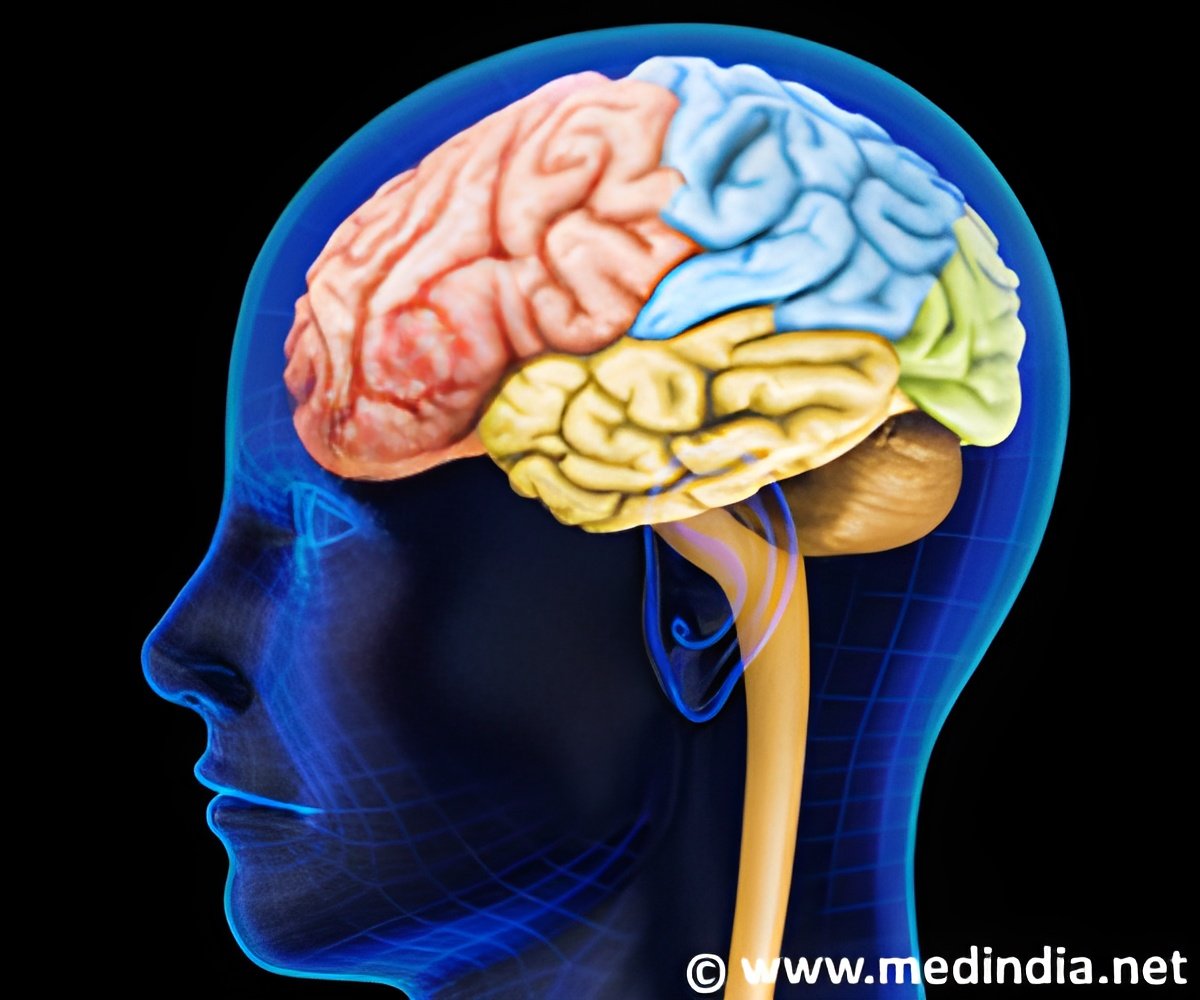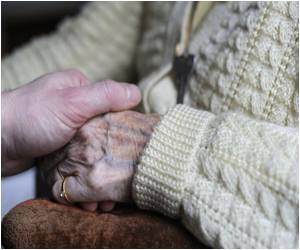A new study has found the reason behind human altruism. Researchers have been searching for the factor that determines why humans often behave so selflessly.

For their study, Burkart and her colleagues developed the new paradigm of group service, which examined spontaneous helping behavior in a standardized way. The researchers studied whether individuals from a particular primate species were prepared to provide other group members with a treat, even if this meant missing out themselves. The scientists applied this standardized test to 24 social groups of 15 different primate species. They also examined whether and how kindergarten children aged between four and seven acted altruistically.
The researchers found that the willingness to provision others varies greatly from one primate species to the next.
Burkart said that the spontaneous, altruistic behavior was exclusively found among species where the young were not only cared for by the mother, but also other group members such as siblings, fathers, grandmothers, aunts and uncles. This behavior is referred to technically as the 'cooperative breeding' or 'allomaternal care.'
The significance of this study goes beyond identifying the roots of altruism. Cooperative behavior also favored the evolution of our exceptional cognitive abilities. During development, human children gradually construct their cognitive skills based on extensive selfless social inputs from caring parents and other helpers, and the researchers believe that it is this new mode of caring that also put our ancestors on the road to our cognitive excellence.
The study is published in Nature Communications.
Advertisement









